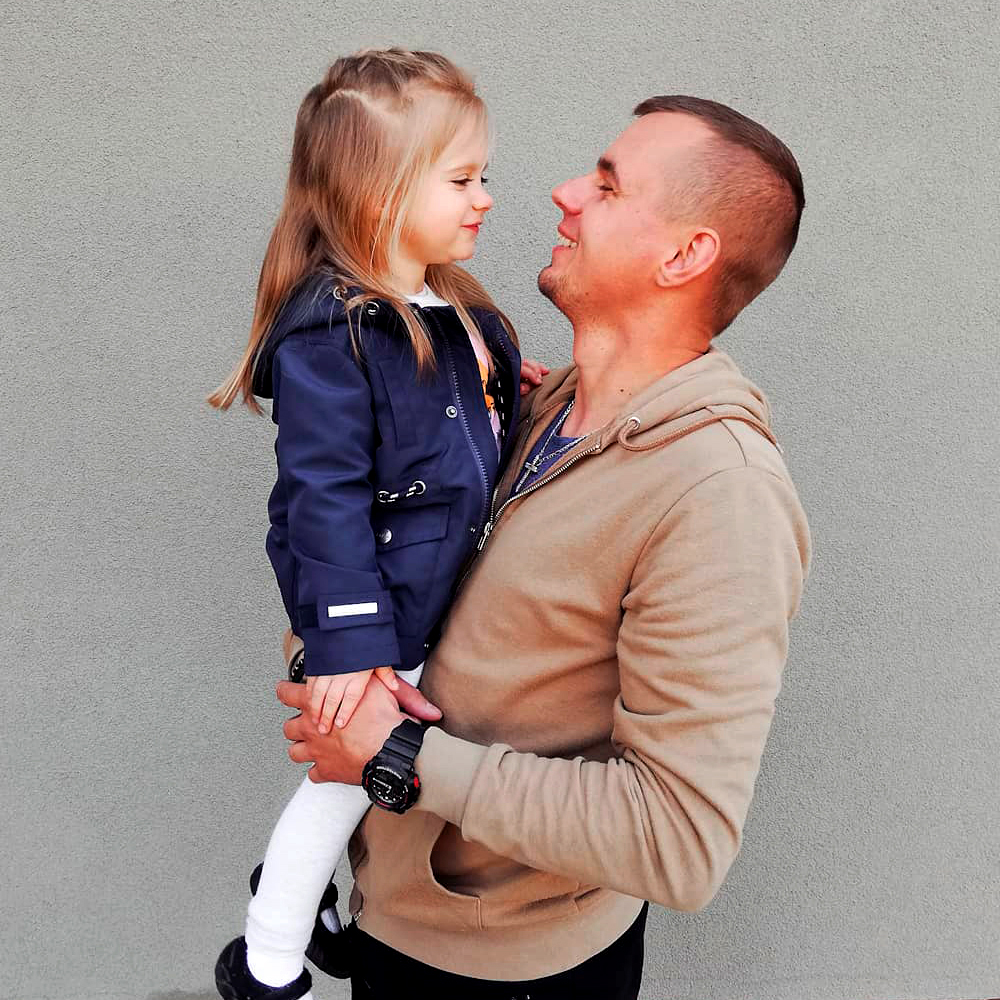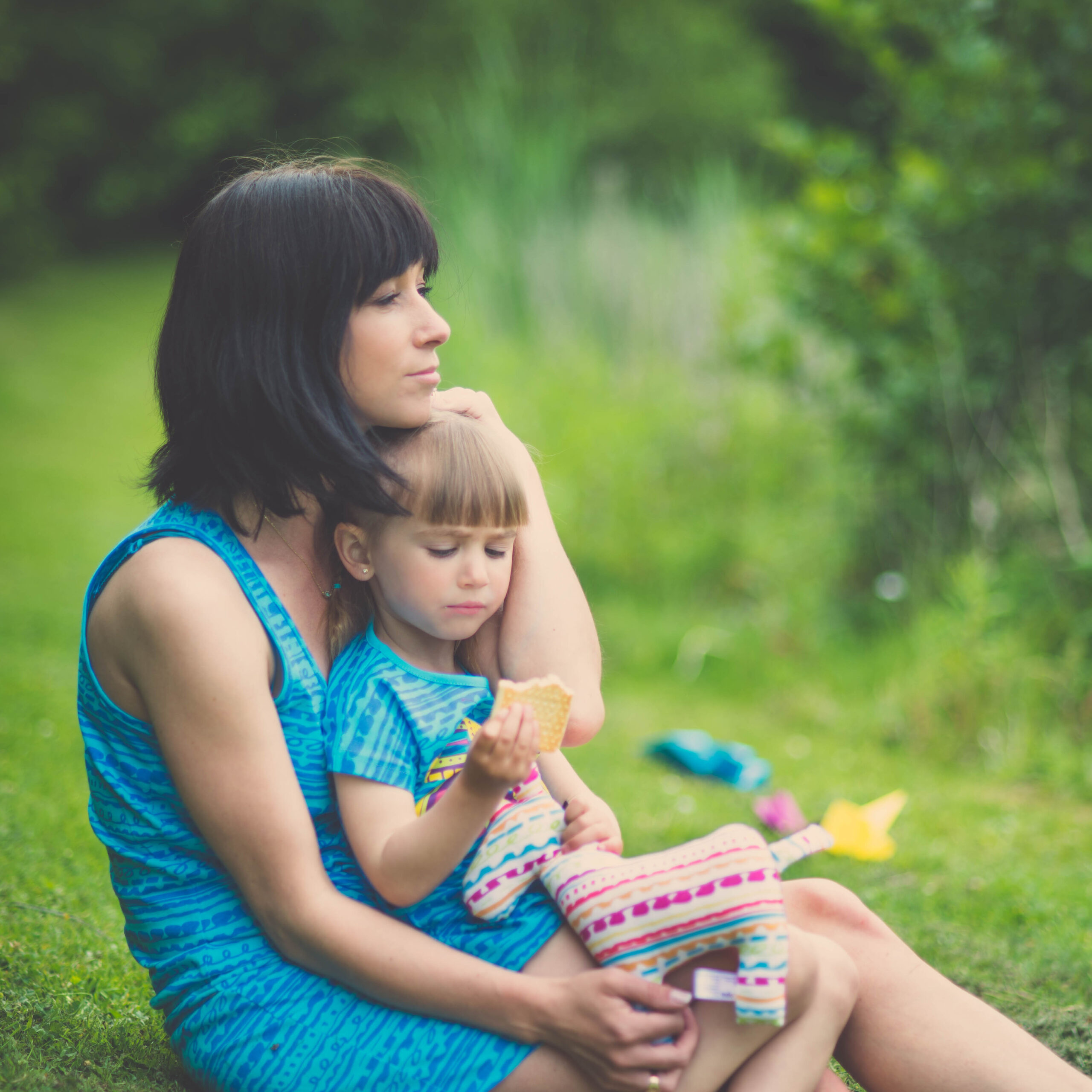
How can you help your child understand and navigate the current situation? We asked Monika Perdjon, a therapist and crisis interventionist ( Reports by Monika Perdjon ). Her advice will certainly facilitate communication and help maintain children's well-being.
We can dedicate more time spent at home to nurturing our unique bond with our children. Let's surround them with care, suggest spending time together, and help them through the period of isolation in an atmosphere of mutual support and family warmth.

Where to start?
Let's observe our children. Notice if they ask about what's happening? During this difficult time, a child may experience fear, sadness, or anger. This can sometimes make them hyperactive or tearful. They may want to be cuddled constantly, or, conversely, become somewhat withdrawn. Let's also examine our own feelings. The more we panic, the more our children will be affected. Remember that little ones hear when we talk on the phone or watch the news. They sometimes witness situations they probably don't fully understand. Therefore, let's remain calm and composed, not only in direct contact with the child, but also in relationships with our partners or at work. Set a good example for our family and show them the best version of ourselves.
How to talk about emotions?
Above all, we should talk openly with our children. Don't dismiss what a child is feeling, for example, by saying they shouldn't be afraid. Help them name their feelings and assure them they have the right to feel that way. Allow them to express difficult emotions. Share how we cope with them and ask what the child needs from us to feel better. Try to find solutions together. Drawing together or playing board games can help, for example. Spending time together can be helpful.
Let's reassure our children that we're doing everything we can to ensure our collective safety. It's important to demonstrate specific actions, such as wearing masks, avoiding meetings with friends, or taking vitamins. Try to answer every question without going into detail. If your child wants to know more, they'll ask. Don't be afraid to admit you don't know something. This builds trust and is always better than making up answers.

“Sometimes just knowing we are not alone is enough to ease the anxiety.”
Let's reassure our children of our presence and that they can come and talk to us at any time. Sometimes, just knowing we're not alone and have someone to rely on is enough to ease anxiety. Let's also remember older children. During this special time, it's worth monitoring what your child is doing online, how long they're doing it, and what emotions accompany it. Children need predictability, activities that repeat at specific times. This gives them a sense of control and security. It's worth establishing a new daily routine together – when it's time for lessons, when it's time for play, and when it's time for meals and sleep. Let's also make sure we stay in touch with family and friends whom your child may miss – organize a conference call. This will surely ensure your child ends the day in a great mood, with a smile on their face!
Endo.pl Imagination Factory Expert
She helps her clients with relationship crises, divorce-related conflicts, and parenting difficulties, specializing in stress reduction and preventing domestic violence.
A Solution-Focused Therapist, Crisis Interventionist, Trainer, and Coach, she is a member of the Polish Psychological Association. She completed postgraduate studies at SWPS University in Family Mediation and Family Psychology. She has also completed numerous training courses, including Motivational Interviewing, Accentuation and Engagement Therapy, and Rational Behavior Therapy.
She collaborates with the Women's Rights Center, the Stress Clinic, the Zacisze Therapy and Development Center, and runs her own practice and the fanpage Relationships Monika Perdjon.


Podziel się:
Endo Exercises: Hip Raises
Running out of ideas for activities to do with your child at home? We're sharing tips on how to keep them occupied.